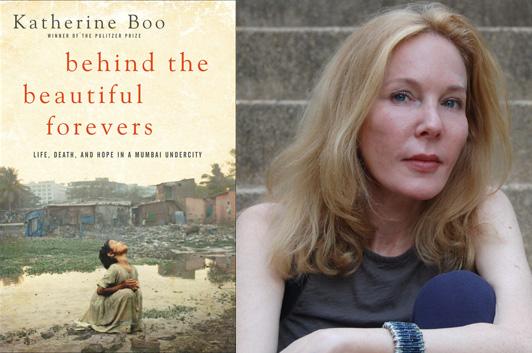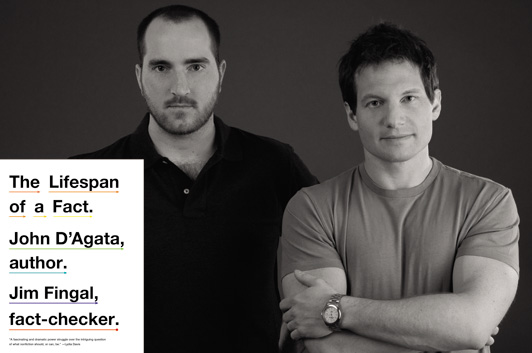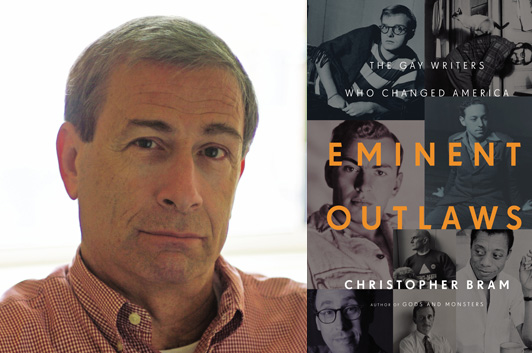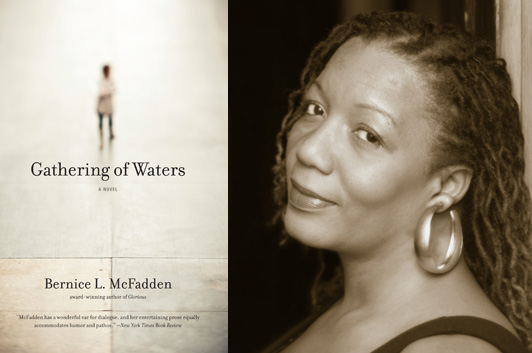Read This: Recently Character Approved Writing

I have a freelance gig with the USA Network’s Character Approved blog, where I provide them with a weekly update on some of the best new books. I haven’t mentioned any of those books here in a few weeks, so I thought I’d round up some of my recent selections. For example, there’s Katherine Boo’s Behind the Beautiful Forevers. Boo spent years checking in on the micro-community of a Mumbai slum, and one family in particular. It’s an amazing piece of immersive journalism, and a drama that’s all the more powerful for being true.

When you know how much effort Boo put into getting the facts of her story right, it makes the debate that takes place in the pages of John D’Agata and Jim Fingal’s The Lifespan of a Fact that much more significant. Basically, D’Agata wrote an essay inspired by the suicide of a Las Vegas teenager, but decided that because he wasn’t writing “nonfiction,” but rather some kind of art inspired by facts, he wasn’t limited to those facts. Fingal, the fact checker assigned to that essay by editors at The Believer, felt differently, and pushed back on every one of D’Agata’s deviations from what could be verified.

Christopher Bram’s Eminent Outlaws is a lively (if idiosyncratic) history of gay American literature from just after the Second World War to the present day. It’s got plenty of dish on authors like Gore Vidal and Truman Capote, or—as it moves closer to the present—Edmund White and Larry Kramer, and it subtly connects the impact these writers had on Bram’s own personal development to the broader cultural developments that have made it possible for gay authors to be more open about their identities—and for those identities to no longer be as radically shocking as they were for previous generations. Bram admits to one of the book’s most significant flaws, which is that it has nothing to say about the parallel progress of lesbian American literature, by pointing out that he doesn’t have much to say on that subject; it’d be a worthy thread for someone to pick up (as would the histories of other queer literatures, for that matter).

Then there’s Bernice McFadden’s Gathering of Waters, a highly imaginative retelling of the murder of Emmett Till in Money, Mississippi, in 1955. It’s not just that McFadden gives Till a young, black girlfriend who remains emotionally traumatized by his death even after she marries and leaves Mississippi. It’s that she gives that young girl a backstory that involves vengeful ghosts, a seduced preacher, and the Great Flood of 1927—not to mention the invoking of Hurricane Katrina. This novel’s definitely not going to be to everyone’s tastes, but I found myself intrigued by McFadden’s creative effort to bring some sort of healing karmic balance to the impact Till’s death had on the consciousness of Mississippi, the South, and the nation as a whole.
Looking at these selections in light of last month’s reflections on the gender imbalances in my book reviewing, the obvious first reaction is to pat myself on the back for hitting the 50-50 mark, and for hitting upon all sorts of other diversities besides. That would be both premature and prideful—and though I have some idea of how I’m planning to continue to live up to my chosen goals in writing about books in the months ahead, we’ll see how they play out.
28 February 2012 | read this |

 Our Endless and Proper Work is my new book with Belt Publishing about starting (and sticking to) a productive writing practice.
Our Endless and Proper Work is my new book with Belt Publishing about starting (and sticking to) a productive writing practice. 
